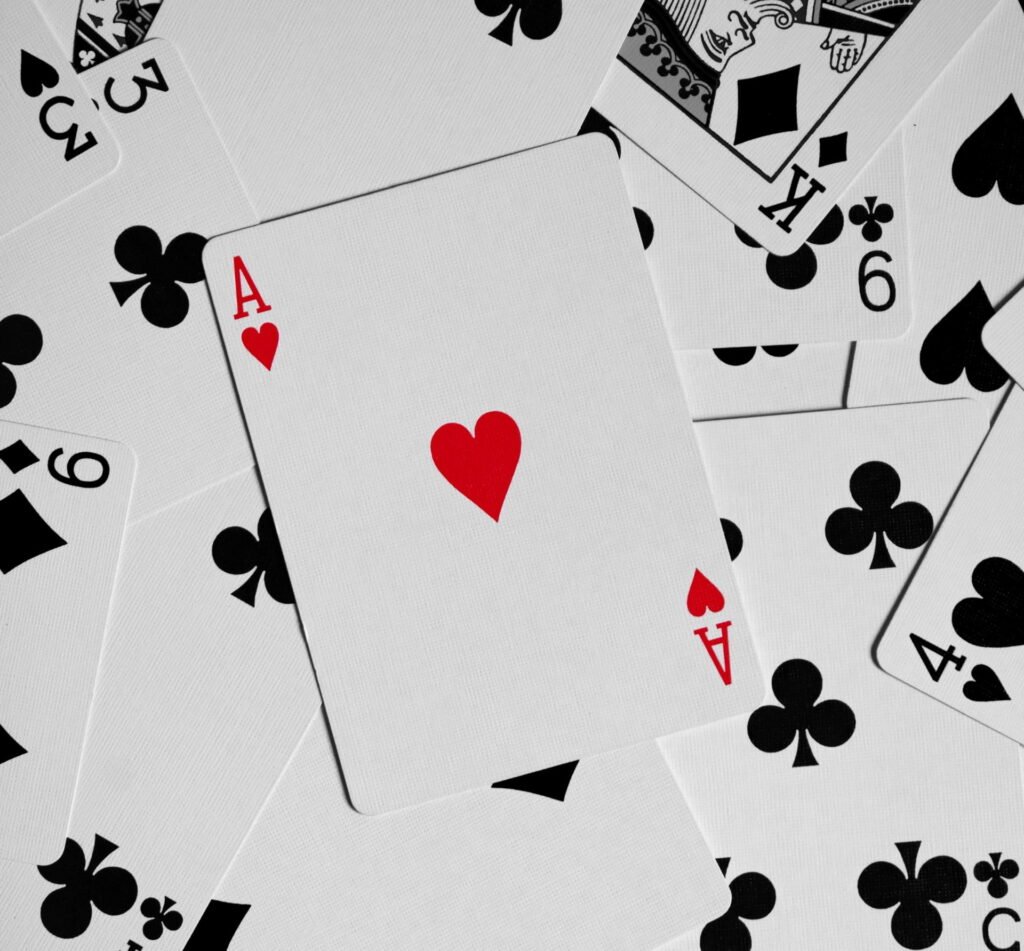
While widely believed that gaming during working hours negatively affects productivity, scientific and psychological research has repeatedly demonstrated that taking a solitaire break may be beneficial.
There are tons of perks to be had – from the ability to work faster, increased creativity, and better well-being.
So, in this article, we’ll explore just some of the ways that playing spider solitaire actually increases productivity. Let’s take a look…
Spider Solitaire
If you aren’t familiar with spider solitaire, we’ll give you a quick rundown. Spider Solitaire is a derivative of the classic, single-person card game.
The aim is to take a row of cards and filter them into four piles of each suit. It gained popularity in the workplace when first introduced to Microsoft Windows in the 90s.
However, some estimates place the origins of Spider Solitaire in the 1930s. Here it appeared in a games digest publication and was simply called ‘spider.’ Since then, solitaire and its derivatives, including Spider Solitaire, have been heralded as some of the most popular games of all time, with many claiming that the game is highly addictive.
This begs the question: how can such a game benefit productivity?
Breaks and Increased Productivity
When it comes to workplace productivity, breaks and solitaire go hand in hand. So, let’s first take a look at the importance of breaks during the workday:
While most of us have a lunch break at some point during the day, what we’re talking about here are short, regular breaks taken throughout the workday.
Several studies demonstrate that taking such breaks can actually enhance productivity. To this end, research by the International Journal of Work, Health & Organisations shows that regular work breaks can:
- Improve long-term performance
- Help manage fatigue
- Reduce workplace risks that arise from fatigue-induced errors
On a similar note, Dr Wendell C Taylor at the University of Texas proposes a Booster Break ripple approach, a workplace policy designed to improve productivity with regular breaks. The model suggests poor productivity arises like a ripple effect of unaddressed workplace stress. In turn, this can lead to poor employee health, more sick days, and higher health care and insurance costs.
Further evidence of the effectiveness of this model is seen in other prominent research, where increased work breaks improved physical and mental health. That’s as well as positively affects the quality and output of workplace tasks.
Games and Creativity
Within creative industries and beyond, creatively tackling tasks is intrinsic to overall productivity. Interestingly, research shows that playing video games such as Spider Solitaire could increase children’s creativity and offer other cognitive, social, emotional, and motivational benefits. For example, studies suggest that games can help students develop skills such as problem-solving and arithmetic.
Likewise, in adults, research also showed that playing video games can enhance our attention spans, allowing for better reaction times and visual processing. Interestingly, playing solitaire also increased confidence in older individuals and fostered a sense of positivity.
Needless to say, all of these knock-on effects have a positive impact on productivity.
Cognitive Skills in the Workplace
In a similar vein, studies suggest that playing games can positively impact higher-order thinking and reasoning skills. In fact, a large-scale review of research on the subject discovered that long-term gameplay resulted in an increased ability to carry out high-function cognitive tasks. For instance, multitasking, task switching, and dual-tasking.
Moreover, other findings suggest that games can improve our memories and emotional cognition. Undoubtedly, these benefits serve us not only in the workplace but in everyday scenarios too – win-win!
With these ideas in mind, we might look at the particular benefits of spider solitaire for improving cognitive efficiency and productivity.
In this instance, these skills are primarily developed as players formulate strategies and measure success against how quickly they can complete the game.
In such scenarios, rather than playing against someone else, you’re motivated by your own score to keep improving your gameplay.
It’s also a game that requires planning and memory skills. In terms of productivity, both of these skills come into play – especially time management (planning) and keeping on top and tracking our tasks effectively (memory).
Are You Ready to Give Spider Solitaire a Try?
With this hefty bulk of research, it’s fair to say that the positive impact of Spider Solitaire on your productivity shouldn’t be underestimated.
Taking regular breaks for a short Spider Solitaire game may increase productivity and foster cognitive skills, relieve tension, and enhance mental well-being.
Maybe it’s time for a Solitaire break, with all of that said? Enjoy!
